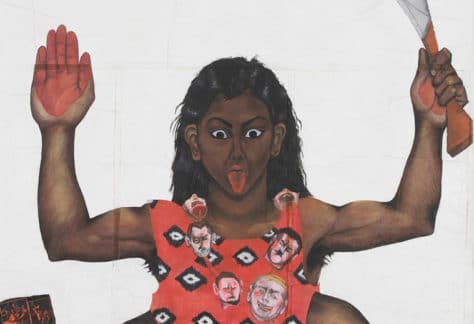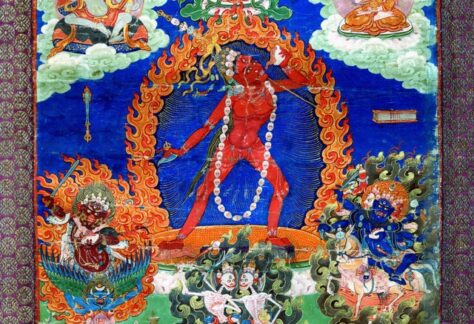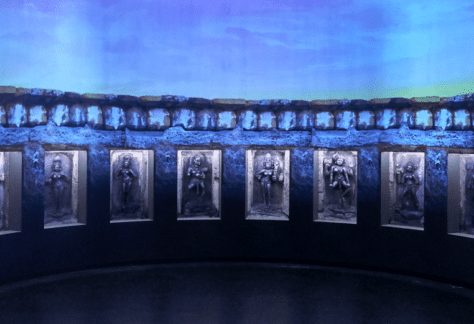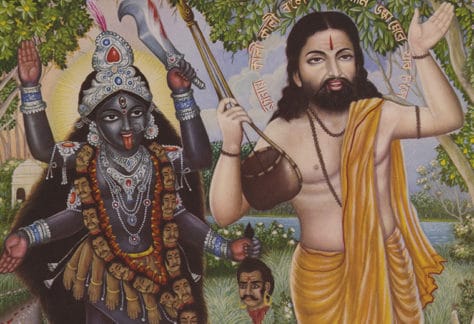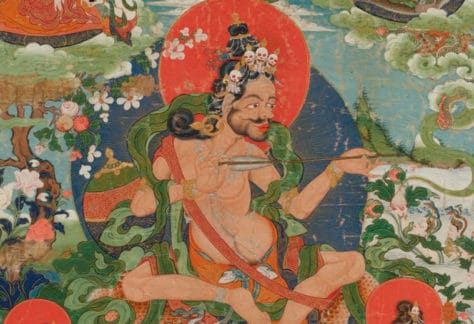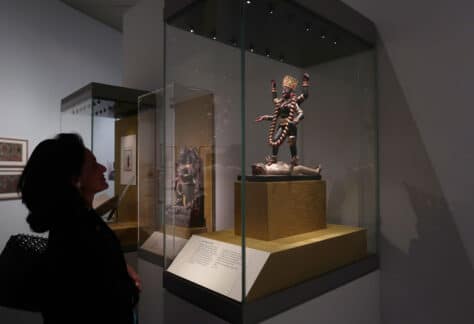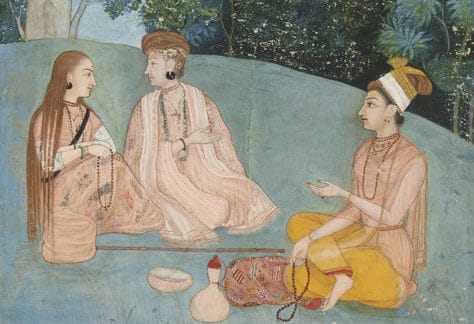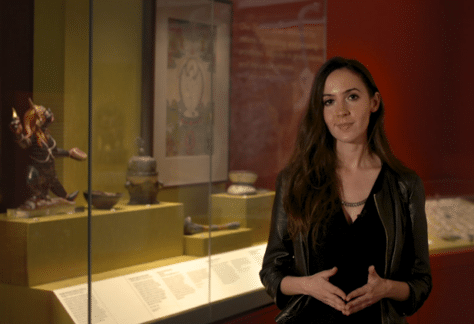24 September 2020 – 24 January 2021
Room 35, the Joseph Hotung Great Court Gallery
We are pleased to be the lead supporter of
Tantra: enlightenment to revolution at the British Museum. Read the full press release
here.
Explore the radical force that transformed the religious, cultural and political landscape of India and beyond in this landmark exhibition.
A philosophy originating in medieval India, Tantra has been linked to successive waves of revolutionary thought, from its sixth-century transformation of Hinduism and Buddhism, to the Indian fight for independence and the rise of 1960s counterculture.
Centring on the power of divine feminine energy, Tantra inspired the dramatic rise of goddess worship in medieval India and continues to influence contemporary feminist thought and artistic practice. From its inception to the present day, Tantra has challenged political and sexual norms around the world
Elements of Tantric philosophy can be found across Asia’s diverse cultures, but it remains largely unknown – or misrepresented – in the West.
Tantra: enlightenment to revolution showcases extraordinary objects from India, Nepal, Tibet, Japan and the UK, from the seventh century AD to the present, and includes masterpieces of sculpture, painting, prints and ritual objects.
Learn more and book your tickets for
Tantra: enlightenment to revolution here. Note that due to government restrictions, the exhibition closed on 15 December and will not reopen, therefore tickets are no longer for sale.
You can still view the events, which run alongside the exhibition here. The full playlist of previous events can be found on the British Museum website here.
You can purchase the detailed exhibition catalogue
here.
The first national public museum of the world, The British Museum was founded in 1753 and opened its doors in 1759. It was the first national museum to cover all fields of human knowledge, open to visitors from across the world.
Enlightenment ideals and values – critical scrutiny of all assumptions, open debate, scientific research, progress and tolerance – have marked the Museum since its foundation.
The Museum is driven by an insatiable curiosity for the world, a deep belief in objects as reliable witnesses and documents of human history, sound research, as well as the desire to expand and share knowledge.
